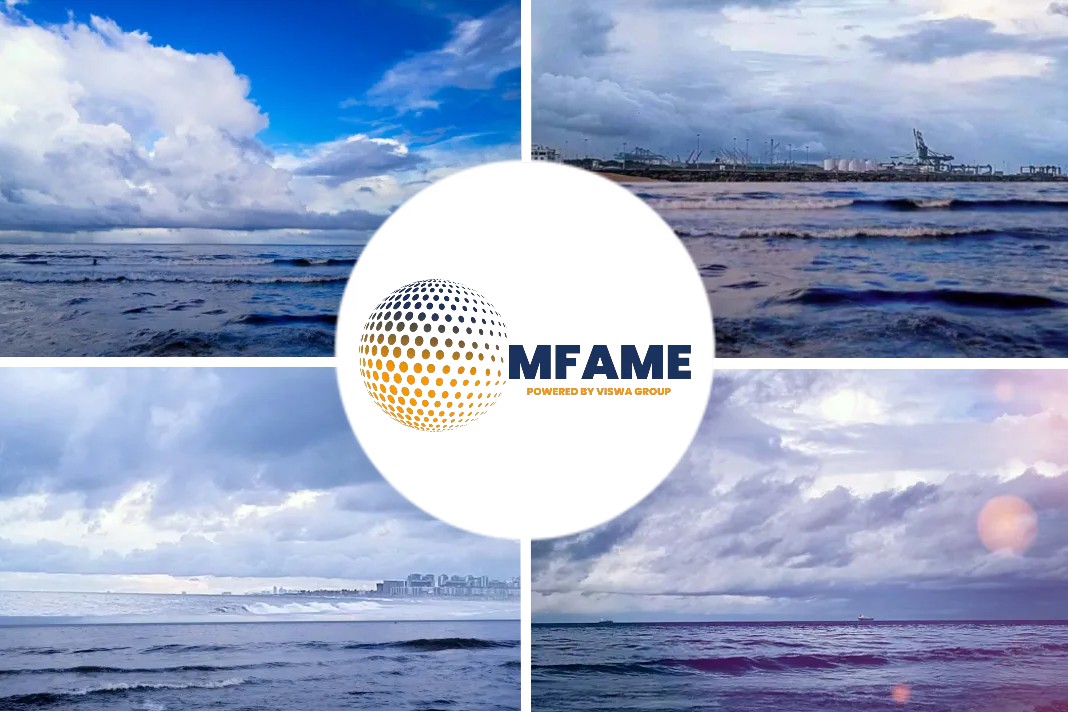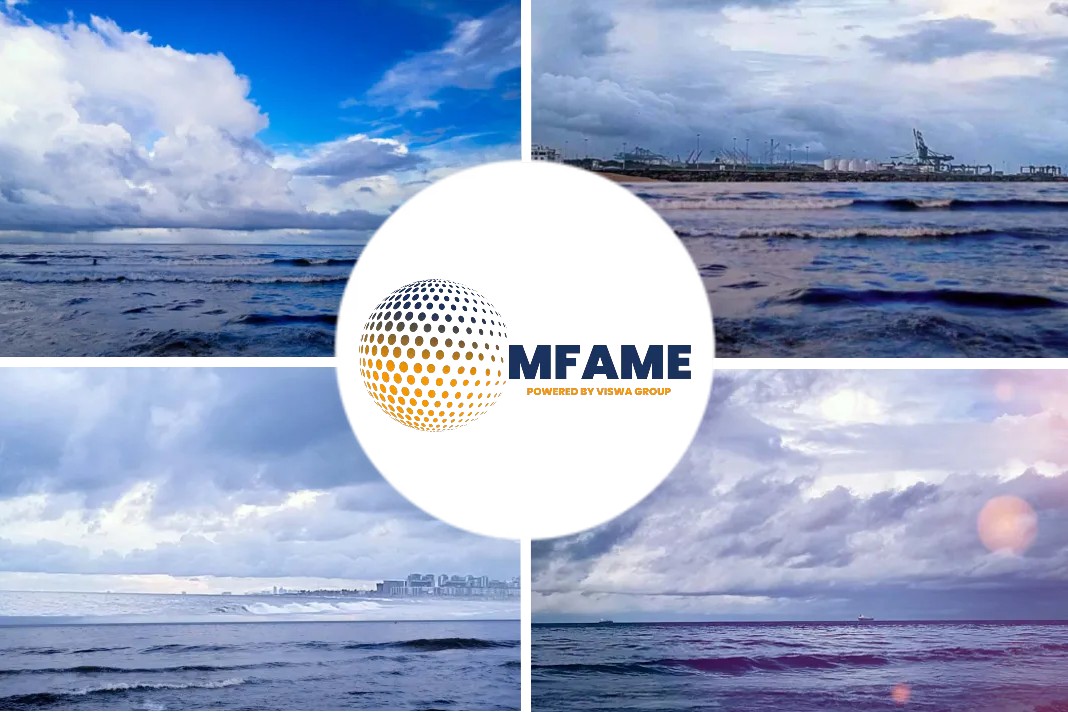Container throughput continues to grow in Rotterdam. Following a record year in 2018 and a record quarter in 2019, April of this year was the best month ever for the Port of Rotterdam, with 13.6 million tonnes of container freight handled in April 2019, says a press release published on their website.
The previous record month was August 2018 (13.2 million tonnes). Measured in TEU, the standard unit for containers, April 2019 was the second-best month ever, with 1.3 million TEU, just a fraction lower than the record month of August 2018.
Rotterdam put to expansion
Rotterdam, Europe’s largest container port, is astoundingly put to suit expansion in this growth market on the grounds of –
- Storage availability at the deep-sea terminals;
- Well differentiated hinterland connections via inland shipping, road and rail;
- Sufficient investments in the improvement of the physical infrastructure, such as the Container Exchange Route, for faster and cheaper exchange of containers between the terminals;
- Logistic solutions such as Pronto, Navigate, Nextlogic, OnTrack, Box Insider and Deliver are well established in the Port of Rotterdam Authority, which is lacking in other ports.
Digital transformation at the Munich Fair 2019
Port of Rotterdam Authority took part in The Transport & Logistics trade fair held in Munich (TLM 2019) from 4 to 7 June this year. Digital transformation of port and logistics was the crucial point of discussion for the Port of Rotterdam Authority.
By creating a global network of smart connected ports, there will be an increase in the efficiency of global trade lanes, lesser operational costs and minimal CO2 emissions.
‘Container 42’ – a hyper-smart container
The TLM 2019 will witness a special attraction this year named ‘Container 42’. ‘Container 42’ is a hyper-smart container that started its two year data collection journey around the world in Rotterdam on 24 May, starting from Munich.
The container, equipped with state of the art sensors and communications technology, measures vibration, gradient, position, sound, air pollution, humidity and temperature during the journey. The container is also equipped with solar panels, to deduce the amount of energy generated on the container ship, train or truck.
Did you subscribe to our daily newsletter?
It’s Free! Click here to Subscribe!
Source: Portofrotterdam















